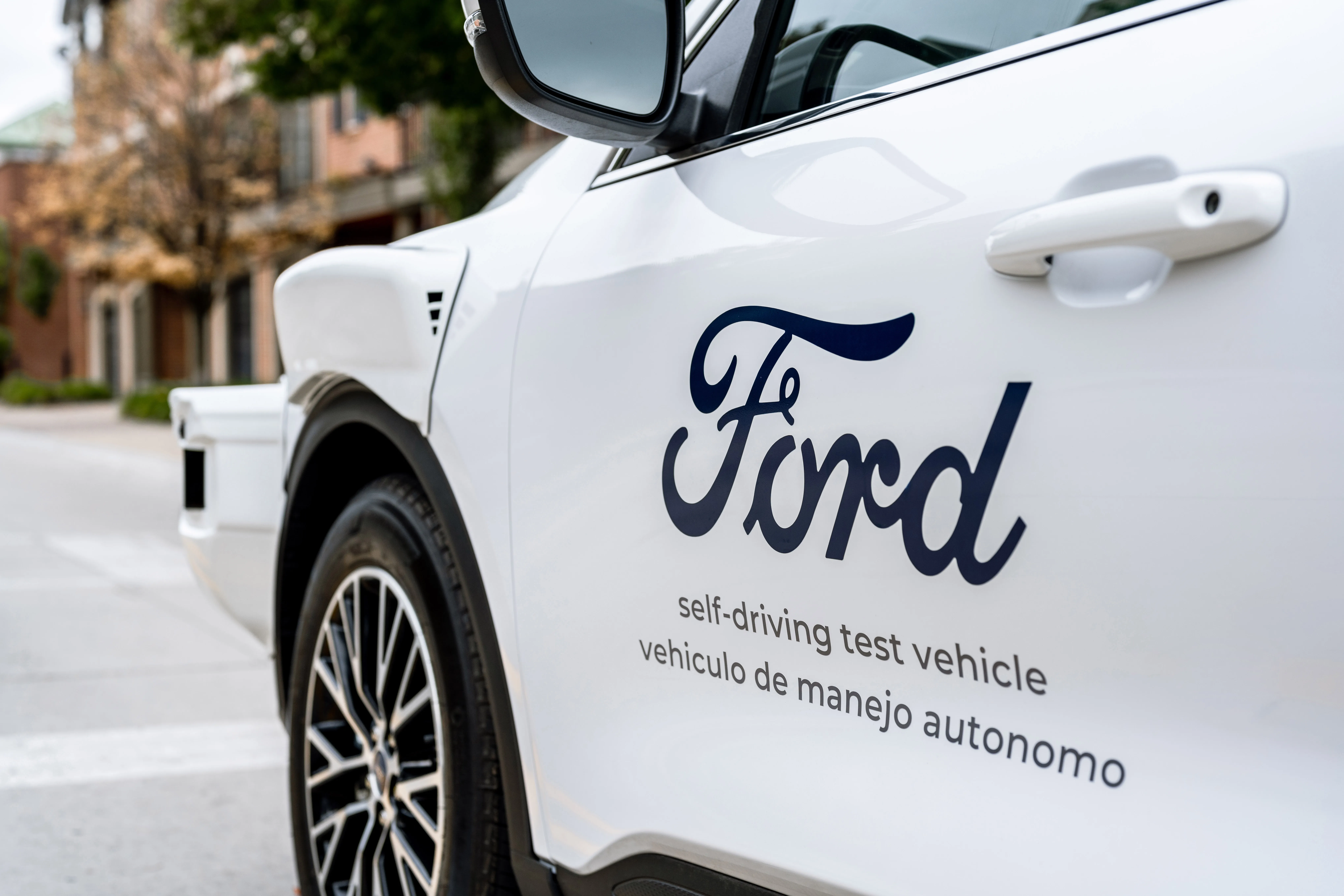
PTV Group's consulting division has been chosen to develop an integrated, multimodal passenger and commercial transport model for the city of Hamburg, Germany.
Authorities there are actively promoting cycling, walking and public transport in a bid to see 80% of all trips in the city made via sustainable modes by 2030.
PTV Transport Consult will build a comprehensive demand model for the city's Authority for Transport and Mobility Transition with a data-driven planning tool to help shape Hamburg's future mobility landscape.
PTV is also involved in the Transmove project, which is developing an AI-assisted congestion and mobility forecasting tool for the city.
The company will employ PTV Model2Go, using network and traffic data sourced from the city of Hamburg, with the model integrating bicycle network data "to enable realistic bicycle traffic modelling".
Public transport offerings will also be mapped in detail across Hamburg's entire public transport association, HVV.
Traffic will also be accurately represented, including tourism and trips to and from the city's airport and port traffic, with a dedicated collaboration planned with the Hamburg Port Authority.
"Hamburg is at the forefront of advanced mobility concepts in Germany," says Thomas Ferrero, MD of PTV Transport Consult.
"This new traffic model will equip the metropolis with a critical digital tool for informed decision-making in support of sustainable and efficient mobility in the future."










